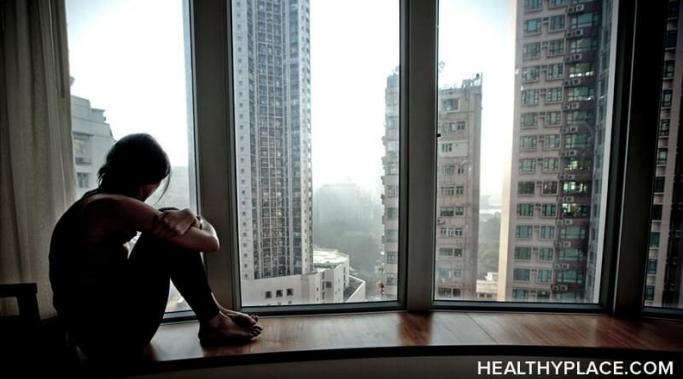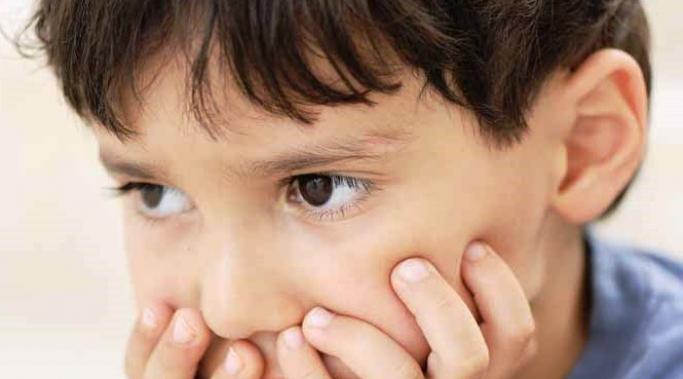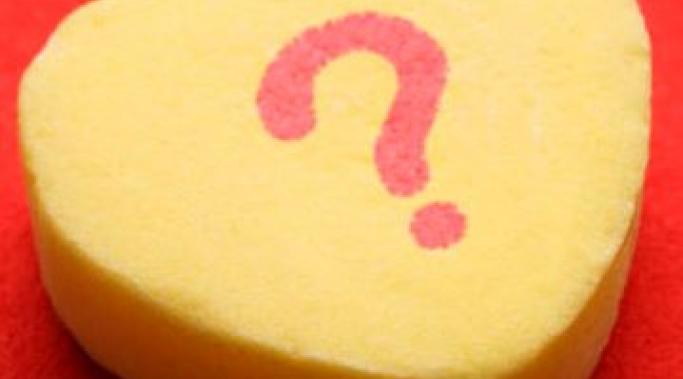Americans love to eat. We have foods to celebrate, comfort foods, and even foods for specific events like popcorn at the movies, cake at birthdays, and is there really anyone among us who doesn’t feel pizza just tastes better during our favorite TV shows? Considering our culture of food, is it really a surprise to discover we are eating to relieve anxiety? Have you ever stopped and wondered why we eat to relieve anxiety?
Effects of Anxiety
Obviously, a blog about my lived experience with anxiety cannot reflect experiences I’m incapable of having: postpartum psychosis and anxiety after childbirth, for example. Thankfully, I speak with a lot of people and recently had the pleasure of meeting Jennifer Hentz Moyer. She was kind enough to share some of her story about dealing with anxiety and postpartum psychosis with us.
For all the success I have had recovering from mental illness, the one thing I haven’t gotten over is my deep hatred for myself. Perhaps “hate” is a strong word; maybe “severely dislike” is a more fitting phrase, but I am not in the business of sugar coating my writing. When I lie awake at night and think about who I am, my anxiety makes me hate myself and that’s okay.
Regardless of any mental illness I have, I am still a regular person with fears and doubts common to everyone. But because I also have an anxiety disorder, I’m able to use anxiety as an excuse when I doubt myself or am afraid of something. And I often do.
Social anxiety: we hear the term with increasing frequency. Formerly known as social phobia, it involves the experience of heightened anxiety in social situations. That description, though, barely touches the surface of what social anxiety truly is. Social anxiety relates to thoughts and feelings inside of us as they correspond to people and settings outside of us. Indeed, with social anxiety, both our inner world and our outer one contribute to the feelings of worry, unease, and even fear that can almost paralyze us.
On December 19, 2014, I published an article titled, 3 Questions I Asked My Loved One About My Anxiety Disorder. It was a candid interview with one of my very good friends. Her responses were unedited, very candid, and, in many ways, very painful for me to read. I recommend reading that post before reading this one about my response to my loved one's feelings about anxiety disorder.
Anxiety is a great obstacle, a jagged rock in the lives of tens of millions of human beings. Anxiety definitely isn't a state of being that most of us would describe as pleasant. It worms its way into our thoughts, tricking us into believing that there’s a lot to fear and to worry about, that we are ruining all sorts of things. Anxiety makes us feel sad, afraid, choked and crushed. It makes us feel miserable in countless ways, and because of that, we want it to vanish from our lives without a trace. But one way to deal with anxiety is to think of life like a Zen garden.
This week’s Anxiety-Schmanxiety blog is an interview with one of my very good friends. I have known her for over 10 years and she has witnessed and helped with many of my anxiety and panic attacks. In order to “shake things up,” I thought it would be eye-opening to hear about anxiety and panic disorder from a loved one’s perspective. I asked her three questions and her unedited responses are below.
Anxiety affects us in profound ways. It colors the way we think, feel, and act. Anxiety, once it takes root (Anxiety in Our Brains), it becomes a lens through which we view the world. Our interpretation of what is happening in our lives is filtered through the anxiety disorder with which we live. To be sure, it’s uncomfortable at best to experience a world colored by our own anxiety, but thankfully, we can clean that lens. After all, as Marcus Aurelius wisely observed, “Everything we see is a perspective, not the truth.”
Feeling delusional and suicidal doesn’t lend itself to stable relationships of any sort, especially those of a romantic variety. Many people with mental illness, including me, describe a loss of friends, alienation from family, and a general sense of loneliness. The stigma of mental illness is very real and people tend to avoid us, rather than date us. Many people with mental illness, though, do reach recovery and lead relatively normal lives – including dating and marriage. What is the secret to finding love and disclosing mental illness to a love interest?








